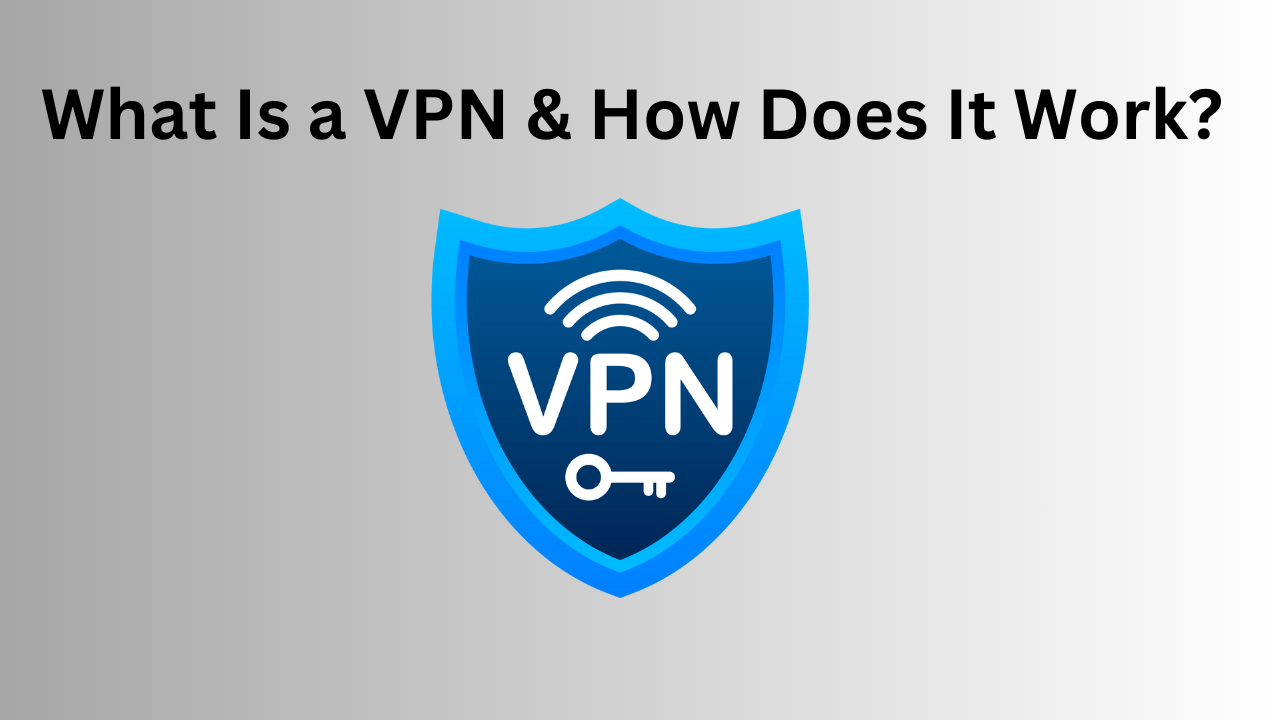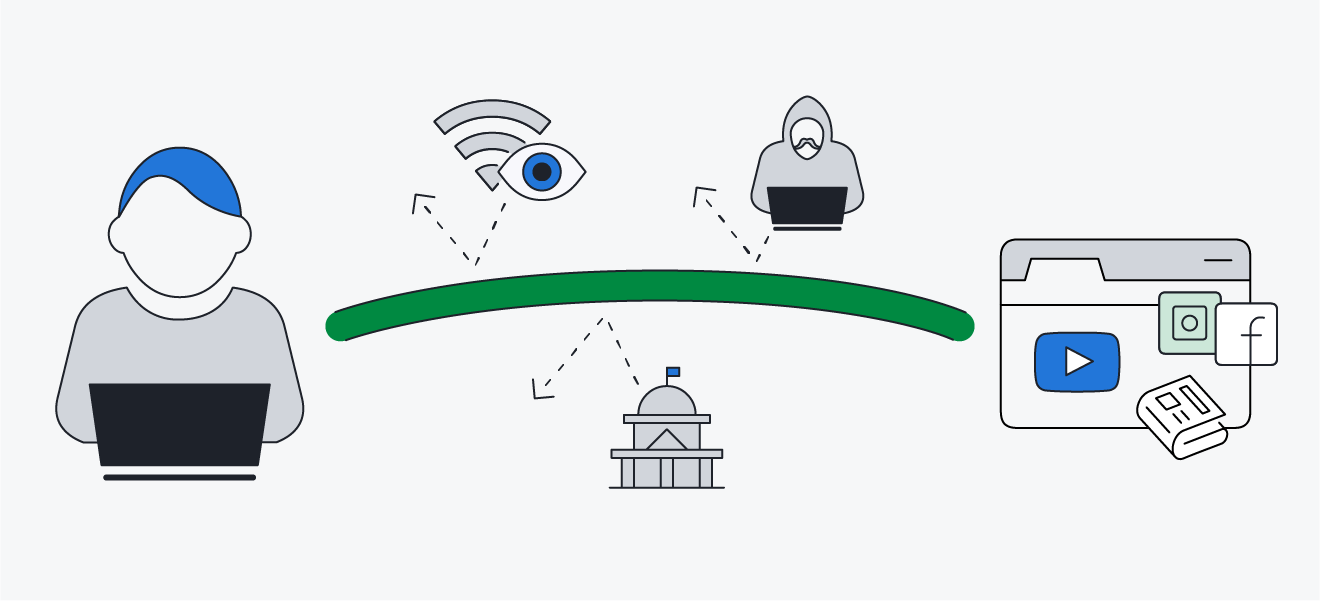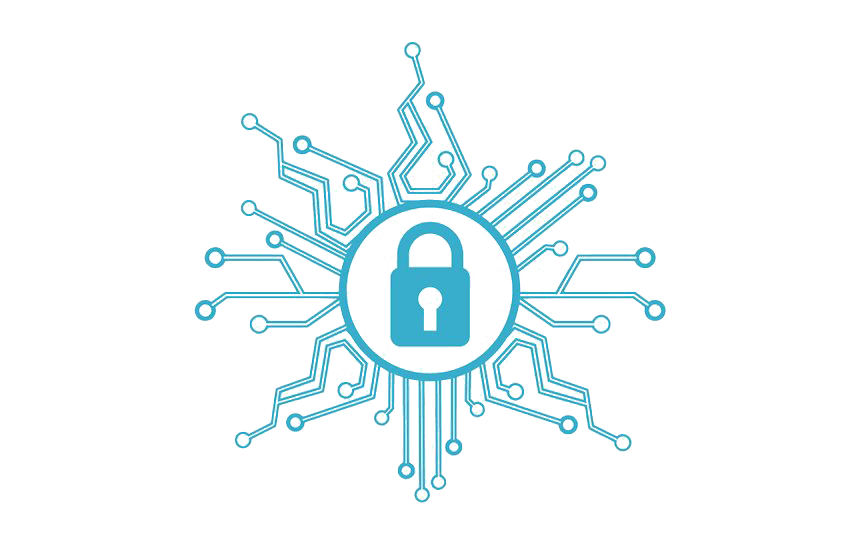
What Is a VPN & How Does It Work?
Introduction:
In the ever-evolving landscape of the digital world, concerns about online privacy and security have become paramount. Virtual Private Networks (VPNs) have emerged as powerful tools to safeguard our digital presence, providing a secure and encrypted connection to the internet. In this blog, we will explore the fascinating world of VPNs, delving into their functionalities, benefits, and the reasons why they have become indispensable in today’s interconnected society.
Understanding VPNs:
A Virtual Private Network (VPN) acts as a protective shield for your online activities. It creates a secure and encrypted tunnel between your device and the internet, ensuring that your data remains confidential and inaccessible to prying eyes. VPNs are particularly useful when accessing the internet over public Wi-Fi networks, where the risk of cyber threats is heightened.
Privacy and Anonymity:
One of the primary reasons individuals turn to VPNs is to preserve their online privacy. By masking your IP address, VPNs make it difficult for websites, advertisers, and even your Internet Service Provider (ISP) to track your online activities. This not only safeguards your personal information but also helps you maintain a level of anonymity while browsing the web.
Bypassing Geo-restrictions:

VPNs have become indispensable tools for bypassing geo-restrictions imposed by content providers and streaming services. Whether you want to access region-specific content or simply ensure uninterrupted streaming while traveling, a VPN can make it appear as though you are connecting from a different location, granting you access to a world of content that might otherwise be off-limits.
Enhancing Online Security:

In a digital era fraught with cyber threats, securing your online activities is of paramount importance. VPNs provide an additional layer of security by encrypting your internet connection. This encryption ensures that sensitive information, such as passwords and financial transactions, remains protected from potential hackers and malicious entities.
Remote Work and Business Applications:
The rise of remote work has made VPNs essential for businesses and individuals alike. VPNs facilitate secure connections for remote workers, allowing them to access company networks and sensitive information without compromising data integrity. Additionally, businesses can utilize VPNs to establish secure connections between different office locations, ensuring seamless communication and data transfer.
Choosing the Right VPN:
With a plethora of VPN services available, selecting the right one for your needs can be a daunting task. Factors such as speed, server locations, logging policies, and user interface should be considered when making a choice. Reading reviews, understanding the terms of service, and conducting thorough research can help you identify a VPN service that aligns with your specific requirements.
Conclusion:
In a digital landscape where privacy concerns and online threats loom large, VPNs have become indispensable tools for individuals and businesses alike. By providing a secure and encrypted connection, VPNs offer a shield against cyber threats, preserve online privacy, and unlock a world of possibilities by bypassing geo-restrictions. As technology continues to advance, embracing the protective embrace of a VPN is a wise choice for those navigating the complexities of the digital realm.


